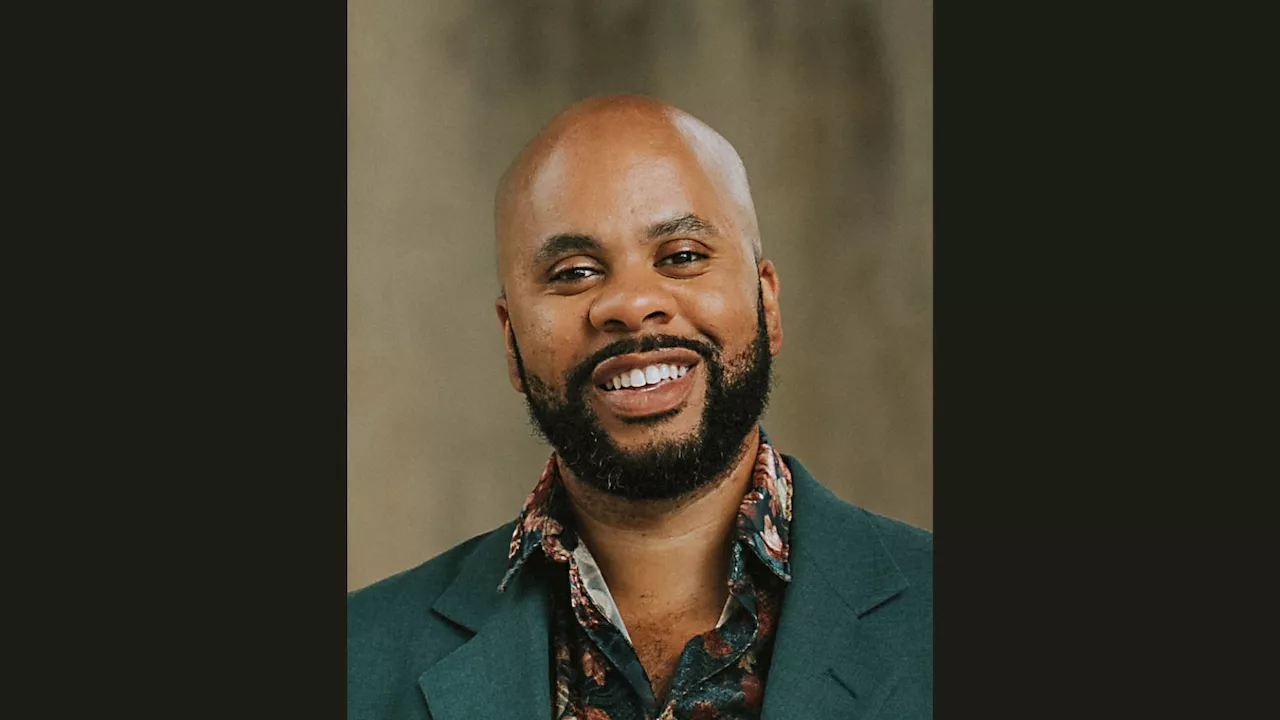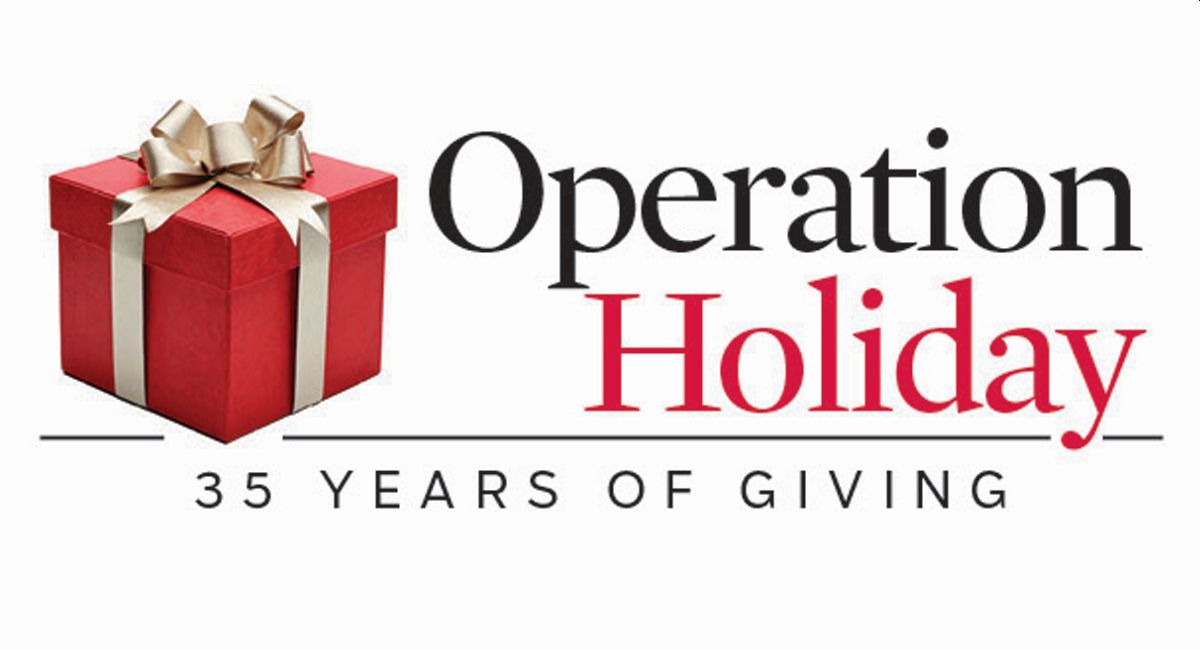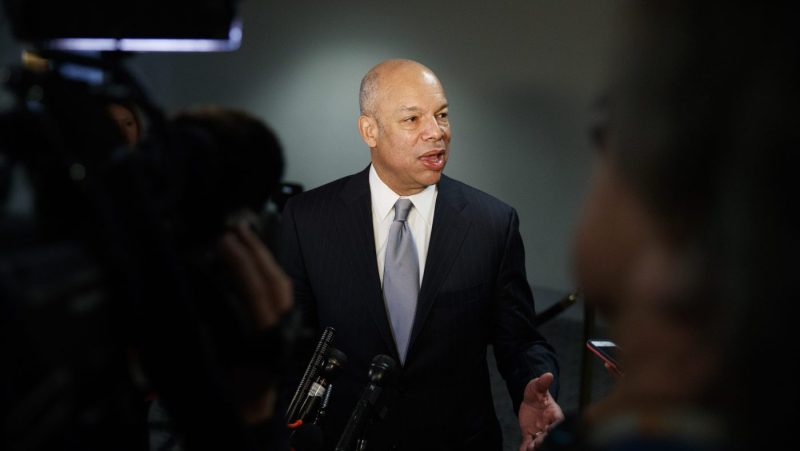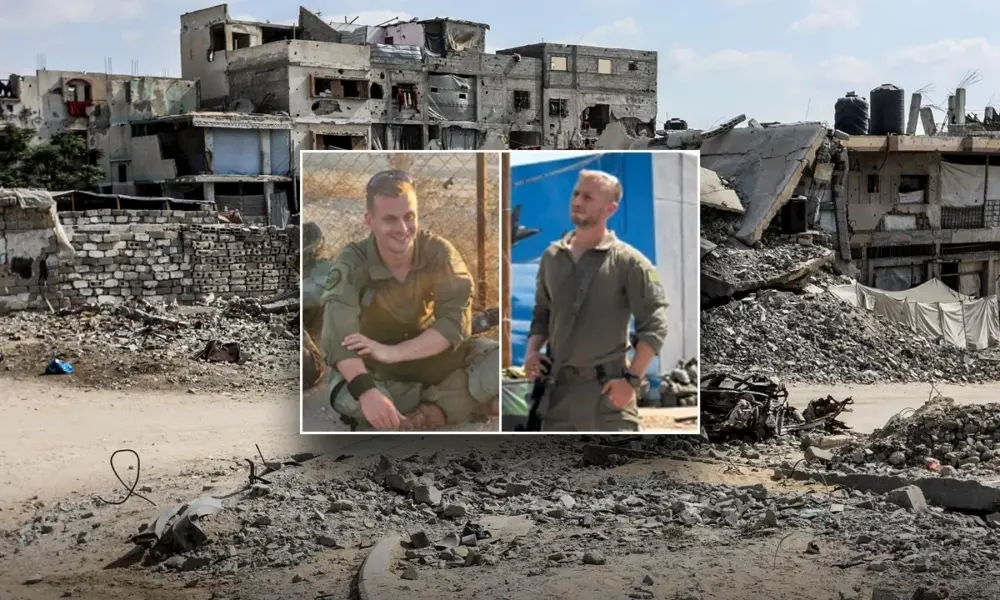UPDATE: A woman is grappling with a profound decision following a 40-year friendship that recently fractured. After being ghosted by her best friend, who moved away, she questions whether to accept an olive branch amidst lingering trust issues.
In a heartfelt inquiry submitted to advice columnist R. Eric Thomas, the woman revealed her emotional turmoil. “My very best friend of 40 years and I had a falling out last year,” she shared, feeling crushed by her friend’s abrupt disappearance from her life. Despite a long history of shared experiences, including vacations and family gatherings, the sudden distance left her feeling abandoned and confused.
The fallout stemmed from her friend’s retirement and subsequent relocation, which she described as an unanticipated and painful severing of their bond. Seeking clarity, she pursued counseling to understand her part in the breakdown and to process the hurt. “Some things are out of our control,” she acknowledged, recognizing that people make decisions that serve their interests at the time.
In a surprising turn, her former friend reached out after she liked a post on social media, asking, “Does this mean we can be friends?” The woman responded cautiously, saying “maybe.” However, she is still haunted by the trust issues that emerged from their fallout and fears further disappointment.
In his response, R. Eric Thomas suggested that the friend’s question may reveal a misunderstanding about the nature of their separation. “She doesn’t see herself as having ghosted,” he observed, urging the woman to communicate openly about their past. He emphasized that acknowledging the hurt is crucial for any potential reconciliation.
“Start with the question, ‘Do you want to process what happened?’” Thomas recommends. This approach allows both parties to address the underlying issues without letting resentment fester. He warns that rebuilding trust is a gradual process but can be navigated with clear communication and mutual intentions.
As this story unfolds, it raises significant questions about the nature of friendship and the challenges of rebuilding trust after betrayal. The emotional stakes are high, as both women may need to confront uncomfortable truths to move forward.
For anyone facing similar trust dilemmas, Thomas’s advice is clear: honesty and accountability are essential. The outcome of this friendship remains uncertain, but the willingness to engage may lead to healing or further heartache.
As readers engage with this story, the human impact is palpable. Many will empathize with the struggle to reconcile fractured relationships, making this a compelling narrative worth sharing.
Stay tuned for updates as this emotional journey develops, and consider the lessons learned about trust, friendship, and the courage it takes to reconnect.







